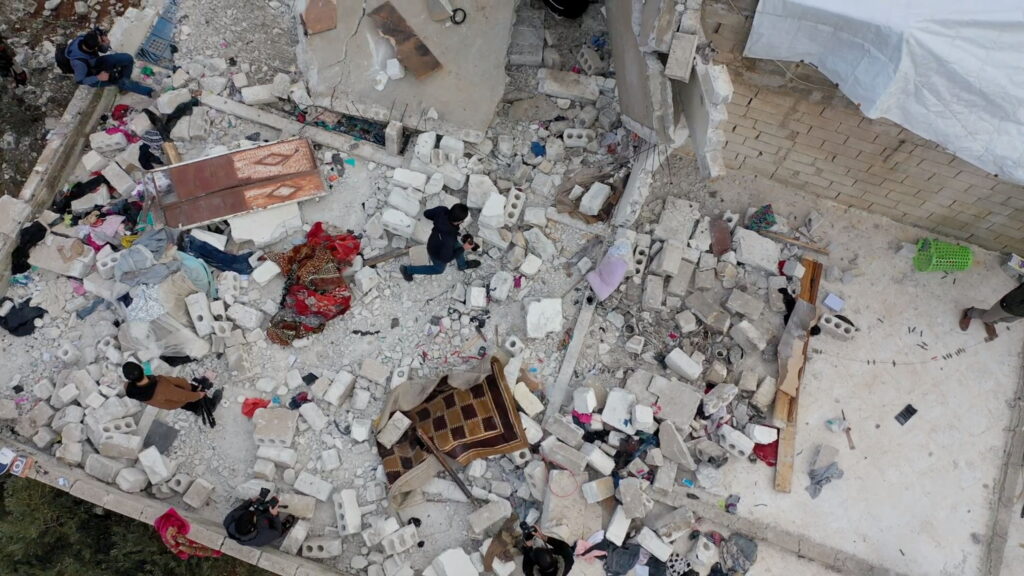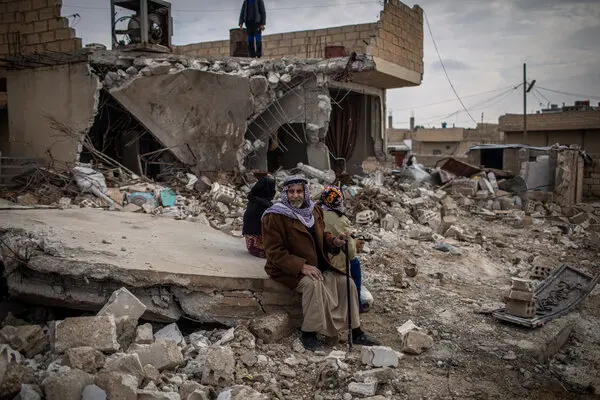In a significant development in the fight against terrorism, a senior ISIS leader was killed in a targeted airstrike, delivering a substantial blow to the group’s operations and leadership structure. The operation, carried out by U.S. forces in coordination with local allies, has been hailed as a major success in the ongoing efforts to dismantle ISIS’s network.
Who Was the ISIS Leader Killed?
The targeted individual was Abdallah Makki Muslih al-Rifai, also known as “Abu Khadijah.” He served as the chief of global operations for ISIS and was considered the group’s second-in-command. His responsibilities included overseeing ISIS’s global operations, logistics, and planning, as well as directing a significant portion of its finances. Abu Khadijah was identified through DNA collected during a previous raid where he narrowly
Background on ISIS and Its Leadership
The Islamic State of Iraq and Syria (ISIS) has been a formidable force in the Middle East, responsible for numerous attacks and destabilization efforts across the region. Since its peak in 2014, the group has seen significant territorial losses, but it has continued to operate through decentralized cells and sleeper agents. The recent elimination of a key leader is seen as a critical step in weakening the group’s operational capabilities.
Details of the Airstrike Operation
The airstrike took place in a region known for ISIS activity. According to official sources, the operation was the result of meticulous intelligence gathering and coordination between U.S. forces and local partners. The targeted individual was identified as a high-ranking member of ISIS, involved in planning and executing attacks in the region
The precision of the strike ensured that the target was neutralized without causing collateral damage to civilians or friendly forces. This operation underscores the effectiveness of intelligence-sharing and international cooperation in combating terrorism.
Impact on ISIS’s Operational Capabilities
The death of this senior leader is expected to have a profound impact on ISIS’s ability to coordinate and execute operations. Leadership decapitation has been a proven strategy in disrupting terrorist organizations, as it creates a power vacuum and hampers decision-making processes.
Analysts believe that while ISIS may attempt to appoint a successor, the loss of experienced leadership will likely lead to a period of disarray and reduced operational effectiveness. This disruption provides an opportunity for counterterrorism efforts to intensify and further degrade the group’s capabilities.

Reactions from International Leaders
World leaders have expressed strong condemnation of ISIS’s activities and support for the operation that led to the leader’s death. U.S. officials have reiterated their commitment to eradicating terrorism and ensuring the safety of their citizens and allies.
The international community has also praised the collaborative efforts between nations in combating a common threat. This operation serves as a testament to the power of unity and shared objectives in addressing global security challenges.
Continued Vigilance and Future Operations
While the elimination of this ISIS leader is a significant achievement, experts caution that the fight against terrorism is far from over. Terrorist organizations are adaptive and resilient, often seeking to exploit new opportunities and weaknesses.
Counterterrorism agencies worldwide must remain vigilant and proactive in their efforts. This includes continued intelligence gathering, strengthening international partnerships, and supporting local governments in their fight against extremist groups.
Conclusion
The targeted airstrike that resulted in the death of a senior ISIS leader marks a pivotal moment in the ongoing battle against terrorism. It highlights the effectiveness of coordinated international efforts and the importance of intelligence-driven operations.
As the global community continues to confront the threat of extremism, this operation serves as a reminder of the progress that can be made when nations unite against a common adversary. However, it also underscores the necessity for sustained commitment and vigilance to ensure lasting peace and security.
Do follow us: Instagram
Read More: Gulf Air Expands UK Connectivity with New London Gatwick Service



